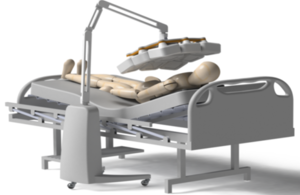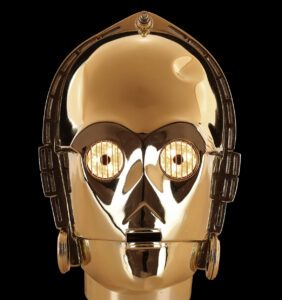Stargazing technology used to spot cancer

Cancers are often missed on traditional 2D X-rays so are sometimes only discovered later when the disease is more advanced and difficult to treat.
Now experts have been granted £1 million of UK Space Agency funding, following a competition to celebrate the NHS’ 70th birthday, to develop a pioneering portable 3D medical X-ray machine, based on technology used to study stars in distant galaxies.
The equipment will allow doctors to get a more comprehensive view of areas where they suspect tumours are growing, aiding more effective treatment and earlier diagnosis.
Miniaturised, portable and connected through satellites, the kit could also allow patients to be scanned in doctors’ surgeries, reducing the need for trips to hospital for busy X-ray and CT scanners.
Science Minister Chris Skidmore said:
The challenge of working in space focuses some of the UK’s most brilliant minds. These experts can also help transform our lives for the better here on Earth.
The huge potential of space technology isn’t just about reaching out into the universe: it’s here on earth that its greatest impact can be seen, from 5G to tackling climate change or ensuring we can all benefit through space-inspired healthcare technologies such as these.
We have committed to spending 2.4% of GDP on research and development by 2027, with space being at the forefront of our ambitions, and it’s in the potential of medical advances such as these that we can see the potential massive benefits of spending more on the technology of the future, helping us to live healthier, happier lives, for longer. This is our modern Industrial Strategy in action.
The scanner relies on technology developed for space; including field emitters etched onto silicon wafers used previously in ion thrusters and X-ray optics deployed on star mapping spacecraft such as the European Space Agency’s XMM Newton mission, in which the UK played a major role.
The project will help to address the key NHS 70th Anniversary Challenges of managing long term conditions, including joined-up health and care services, earlier diagnosis of cancer and transforming GP services and other primary care.
Launched in June 2018, this joint initiative between the UK Space Agency, NHS England and the European Space Agency, asked innovators to bid for a share of £4 million to turn technology originally designed for space into medical applications that improve NHS treatment and care.




